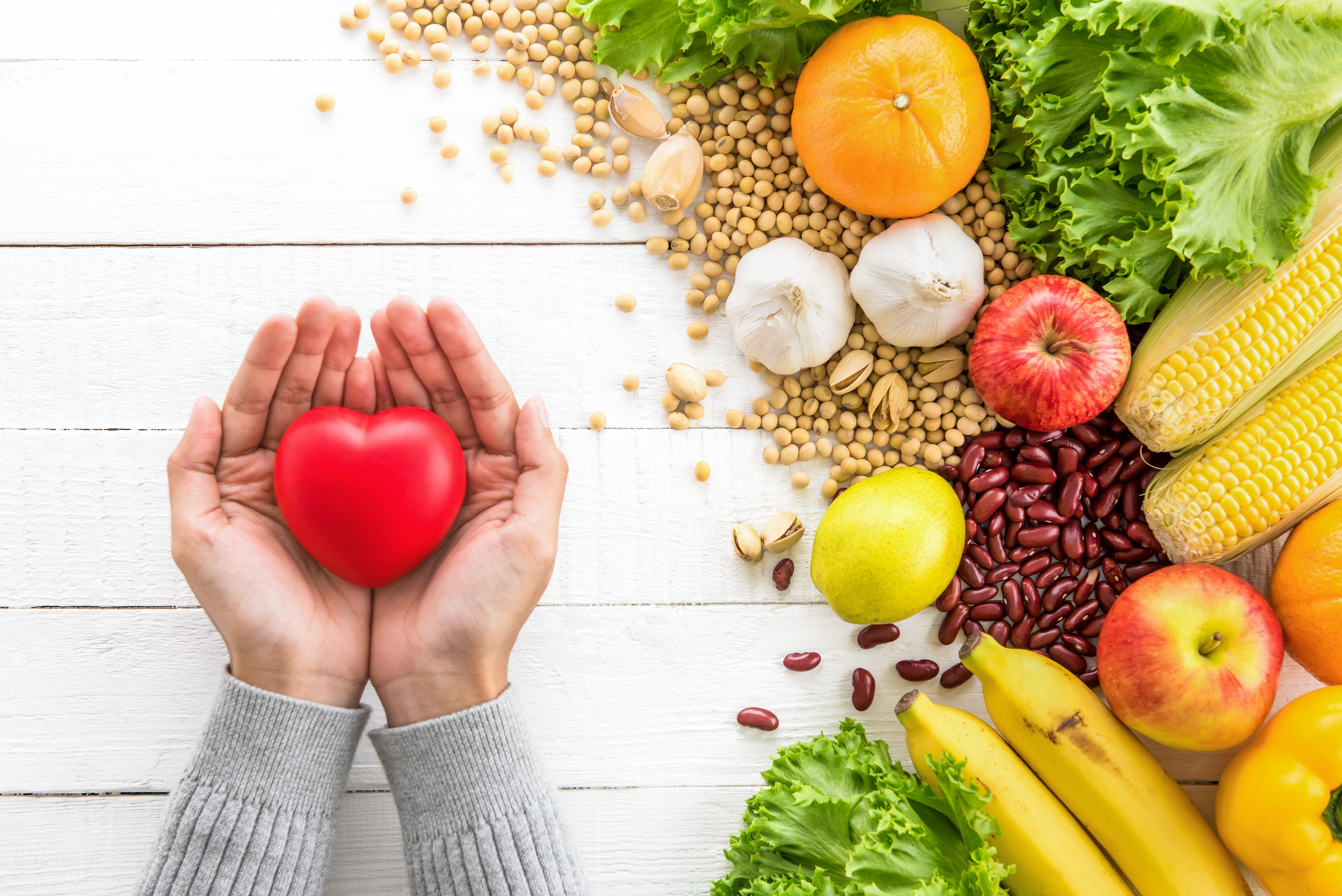March is National Nutrition Month!
The campaign focuses on the importance of making healthy, sustainable changes to your diet. It also encourages families to model healthy eating habits for their children. Finally, it highlights the importance of physical activity as a way to maintain a healthy weight.
Enjoy a healthy and happy month with these tips!
- Make breakfast a priority. Your morning should begin with a healthy breakfast including lean protein, whole grains, fruits and vegetables. Breakfast burritos packed with eggs, low-fat cheese, salsa and whole wheat tortillas are delicious or a parfait with low-fat plain yogurt, fruit and whole grain cereal is also delicious.
- Watch Portion Sizes. Check your portion sizes against the recommended serving size using the measuring cups. You should consume half your plate with fruits and vegetables and the other half with grains and lean proteins. You may wish to complete the meal by adding a serving of fat-free or low-fat milk or yogurt.
- Keep yourself active. There are so many health benefits associated with regular physical activity. Start by exercising for at least 10 minutes at a time. In order to maintain good health, children and teens should engage in 60 minutes of physical activity per day, while adults should engage in two hours and 30 minutes of physical activity each week. Don't feel obligated to hit the gym after dinner. Take a walk or play a game of catch or basketball in your spare time. Just get moving!
- Prepare healthy snacks. Snacks that are nutritious can help you maintain your energy level between meals, especially when they contain a variety of foods. Make sure that you consume at least two of the five food groups recommended by MyPlate: grains, fruits, vegetables, dairy, and protein. You may enjoy raw vegetables with low-fat cottage cheese, or a tablespoon of peanut butter with an apple or banana.
- Take the time to learn about food labels. You can make better food and drink choices by reading the Nutrition Facts panel.
- Start cooking often. You can prepare healthy, delicious, and cost-effective meals at home. Make a commitment to learning some basic cooking and kitchen skills, such as how to dice onions and cook dried beans.
- Make family mealtime a priority. Every week, try to eat together as a family a few times. Decide what time you will eat each day. To encourage mealtime conversation, turn off televisions, phones, and other electronic devices. Take advantage of this time to teach kids about good nutrition by getting them involved in meal planning and cooking.
- Stay hydrated. Replace sugary drinks with water to quench your thirst. Ensure that you remain hydrated throughout the day, especially during and after physical activity.
- It is recommended that you eat seafood twice a week. Fish and shellfish contain a variety of nutrients, including omega-3 fats. Among the fish that contain omega-3s and are low in mercury are salmon, trout, oysters, and sardines.
Schedule with a Registered Dietitian Nutritionist (RDN)
Consult our experts to learn how to eat healthier to lose weight or reduce your risk of developing a chronic disease. The definition of food that is considered "healthy" changes every day in the media. Figure Weight Loss' RDNs can provide you with nutritional advice that is informative, easy to follow, and will assist you in achieving your weight loss goals.
Whether you are unable to get enough protein, don't like vegetables, love carbs, or don't understand what carbs are, our dietitians can tailor a meal plan to fit your lifestyle and needs.
The RDNs at Figure Weight Loss are passionate about helping our patients improve their health and adopt a diet that is right for them. In order to relieve unpleasant symptoms caused by food consumption, our RDNs specialize in IBS Low-FODMAP diet as well as MRT/LEAP therapy.


